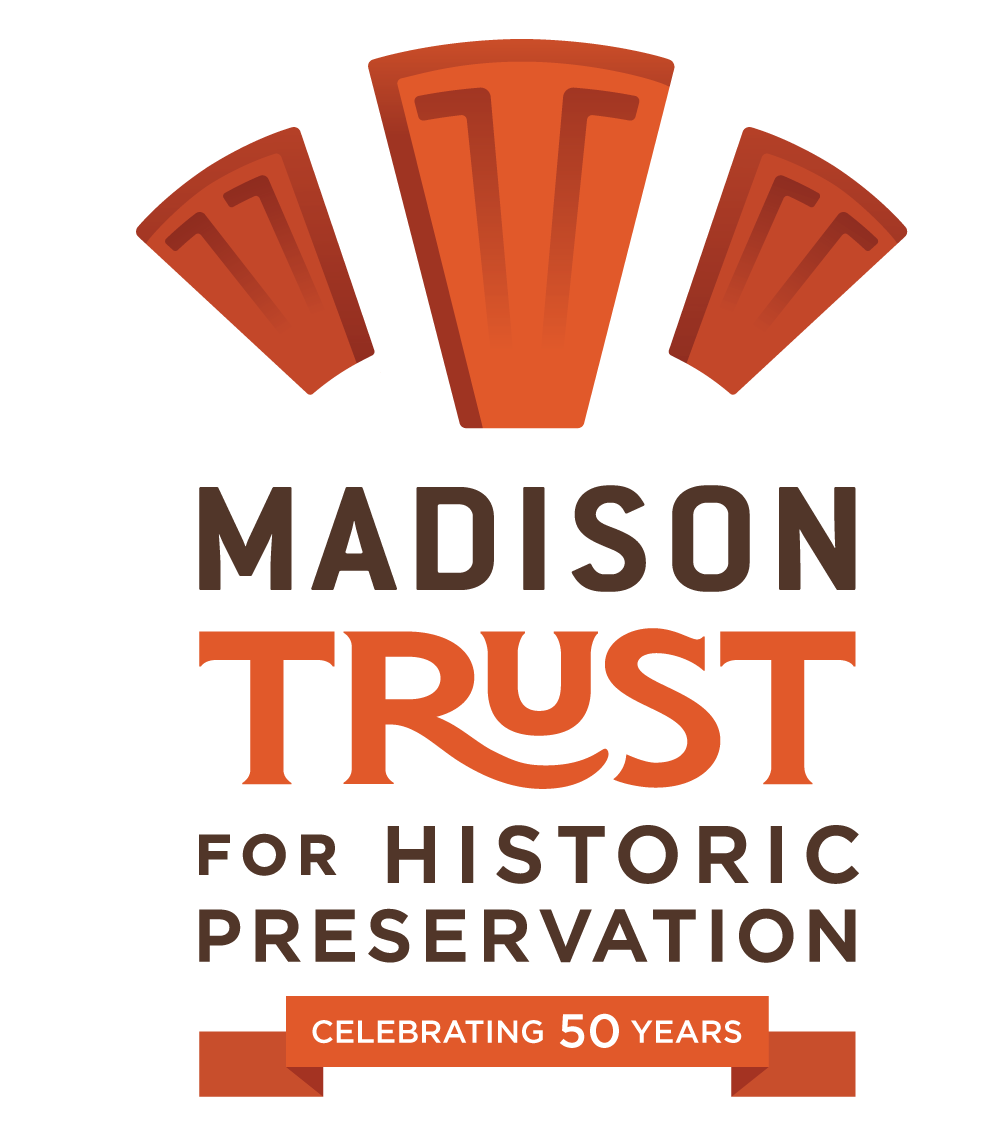Celebrating Madison Black History
By The Community Education Committee
This February, like every February, is Black History Month in the United States, and the Madison Trust’s Community Education Committee is using the occasion to spread the word about activities and programs that honor the contributions of Black Madisonians to our shared history. Just as important, we want to draw attention to the many Black-led organizations that are doing great work in our area.
A map of Madison color-coded by the Home Owners’ Loan Corporation in 1937 to indicate desirable and undesirable neighborhoods. Maps like these informed the discriminatory housing policies known as “redlining.” Photo courtesy of the Mapping Inequality website. To view the full, interactive map see dsl.richmond.edu.
Celebrating Black History will feel a little different this year because of the pandemic, but we hope that Madison Trust members and friends will take some time during February to contemplate how to better incorporate Black histories into our preservation efforts. Even with fewer in-person events to attend, there will be virtual webinars, books and articles to read, and ongoing initiatives by Black-led organizations where we can donate our money or time. We know that lasting change comes from building good habits, and what better time to start a habit of anti-racism than Black History Month. Our committee has gathered a list of resources to help all of us learn more about the importance of diversity, equity, and inclusion in historic preservation. You can access the resource list here.
The Justified Anger Coalition at the Nehemiah Center for Urban Leadership Development will be offering their African American History Course.
Visit their website for information on how to enroll in their current or future classes.
To be clear, acknowledging Black history cannot and must not be limited to special occasions. Our committee sees this month as a good opportunity to focus our attention, but we intend February’s celebrations as an inauguration of an ongoing commitment and not a one-time or “first annual” effort. As we explained in our blog post last September, the Community Education committee has taken on a strategic focus to strengthen how the Madison Trust incorporates underrepresented communities into the decisions we make about what’s worth preserving about our history. Doing so will require that we transform the stories we tell about our past through honest, and sometimes difficult, conversations. Listening to our friends and neighbors in Madison’s Black community struck the committee as the best place to start.
UW-Madison Continuing Studies is offering a class entitled Why Are We Still Talking About Race? Historical Contexts of Today’s Racial Conflicts in the U.S. taught by Emerita Professor Pamela Oliver.
visit their website For more information on this class.
The need to pursue this work was made clear - in both negative and positive ways - once we reviewed the results of our recent online survey conducted this past September and early October. Of the answers we tallied, one respondent identified as “first nations” and one other as “Black.” When it comes to race and ethnicity, in other words, Madison’s historic preservation community is overwhelmingly white. On a more positive note, a majority of those who filled out the survey expressed an interest in learning more about communities of color.
In short, we have a need to diversify our membership and outreach, yet many of us have also expressed a willingness to make that happen. With that spirit in mind, our committee began reaching out to Black-led organizations to find out what they have planned for Black History Month 2021.
100 Black Men of Madison, Inc. has a number of longstanding programs to support the local Black community, including the African American History Academic Challenge (AAHAC).
To learn more about how to support their efforts visit Ways to Help the 100.
Many of those who responded to our inquiries told us they valued Black History Month as a way to celebrate and connect with their community, and they hope events and programs will continue to grow in the Madison Area. But all of our respondents emphasized that their own fights against racism and inequality have been years long and that collective efforts to serve and strengthen communities of color must be done year round.
Their feedback reminds us that, while attempts to better incorporate Black history into historic preservation may be relatively new, the history of Madison’s Black community stretches back more than a century.
The UW-Madison’s Black Cultural Center will be sponsoring programs throughout February.
Visit the university’s Black History Month webpage for a full list.
The committee’s preparations for Black History Month have reinforced a lesson that many of us should already know but too often forget. White folks need to have conversations about race and racism amongst ourselves first, and we should never lay the burden on our brothers and sisters of color to carry by themselves. The work of anti-racism must be collective and those of us with privilege must take full responsibility for addressing the shortcomings of our own histories if we are to have any chance of a brighter, more inclusive future.
